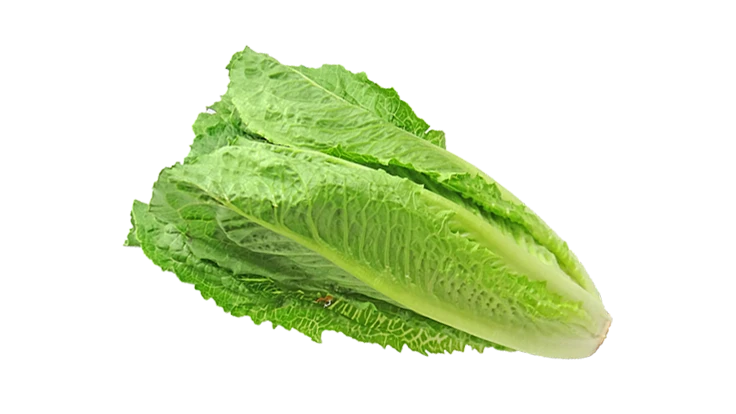
On October 31, FDA and CDC announced a “recent E. coli O157:H7 outbreak that was likely associated with romaine lettuce.” Although FDA Deputy Commissioner for Food Policy and Response Frank Yiannas stated, “We do not believe there is a current or ongoing risk to the public and we are not recommending the public avoid consuming romaine lettuce,” a number of organizations are taking exception with the weeks-long delay in the agencies’ announcement.
The outbreak sickened at least 23 people across 12 states between July 12 and September 8; and CDC began its investigation September 17, however the outbreak investigation was not made public until October 31.
The announcement came more than a month after the Centers for Disease Control and Prevention began investigating the cluster of cases September 17. According to the FDA announcement, CDC notified the FDA of the illness cluster in mid-September, and the agency promptly initiated a traceback investigation. The FDA, CDC, along with state and local partners, investigated the illnesses associated with the outbreak.
While Michael Hansen, Ph.D., a senior staff scientist at Consumer Reports said that not all foodborne illness outbreaks are announced by the FDA or CDC, “after the severity of 2018’s outbreaks, it’s surprising that the FDA waited more than a month to inform consumers after discovering the outbreak,” he said. “Given the continuing problems with romaine, and the seriousness of O157:H7, the FDA should have made an announcement sooner and let consumers decide for themselves if they wanted to continue to eat romaine.
FDA’s announcement stated that no deaths were reported in the outbreak; that the active investigation has reached its end and the outbreak appears to be over; and that neither it nor CDC identified any actionable information for consumers during the investigation.
Additionally, when romaine lettuce was identified as the likely source of the outbreak, the available data at the time indicated that the outbreak was not ongoing and romaine lettuce eaten by sick people was past its shelf life and no longer available for sale.”
According to the Consumer Research article, “The FDA said this notification was actually made more quickly than it would be in many cases. The FDA said that when there’s not an immediate public health threat, this information would often not be released until it was announced in a more traditional scientific publication.
“In this case, while there was no actionable consumer information and the outbreak was over prior to the determination of a vehicle, given the noteworthy nature of this outbreak and an interest in accelerating awareness, we chose to communicate through an FDA statement in the short term in order to ensure full awareness by the public,” an FDA representative told CR.
The FDA statement that the outbreak appears to be over was based on its investigations of farms located in California’s central coast region identified through the traceback investigation at which they collected and tested many environmental samples, and the outbreak strain was not identified. “While romaine lettuce is the likely cause of the outbreak, the investigation did not identify a common source or point where contamination occurred,” the statement said. “Since the outbreak strain was not detected in samples collected from farms during the traceback investigation, and there have been no new cases since Sept. 8, 2019, the outbreak appears to be over.”
Latest from Quality Assurance & Food Safety
- Chef Robotics Introduces Pat-Down Capability for Meal Presentation and Sealing
- USDA Launches Regenerative Pilot Program
- Indoor Ag-Con Adds Food Safety Track to Conference Lineup
- IDFA Recognizes Federal Officials for Support of U.S. Dairy Industry
- Tetra Pak Acquires Bioreactors.net
- Fresh Del Monte Receives Rabobank Leadership Award
- São Paulo Earns Guinness World Record for Largest Municipal Food Security Program
- KPM Analytics Releases Ready-to-Use NIR Calibration Packages





